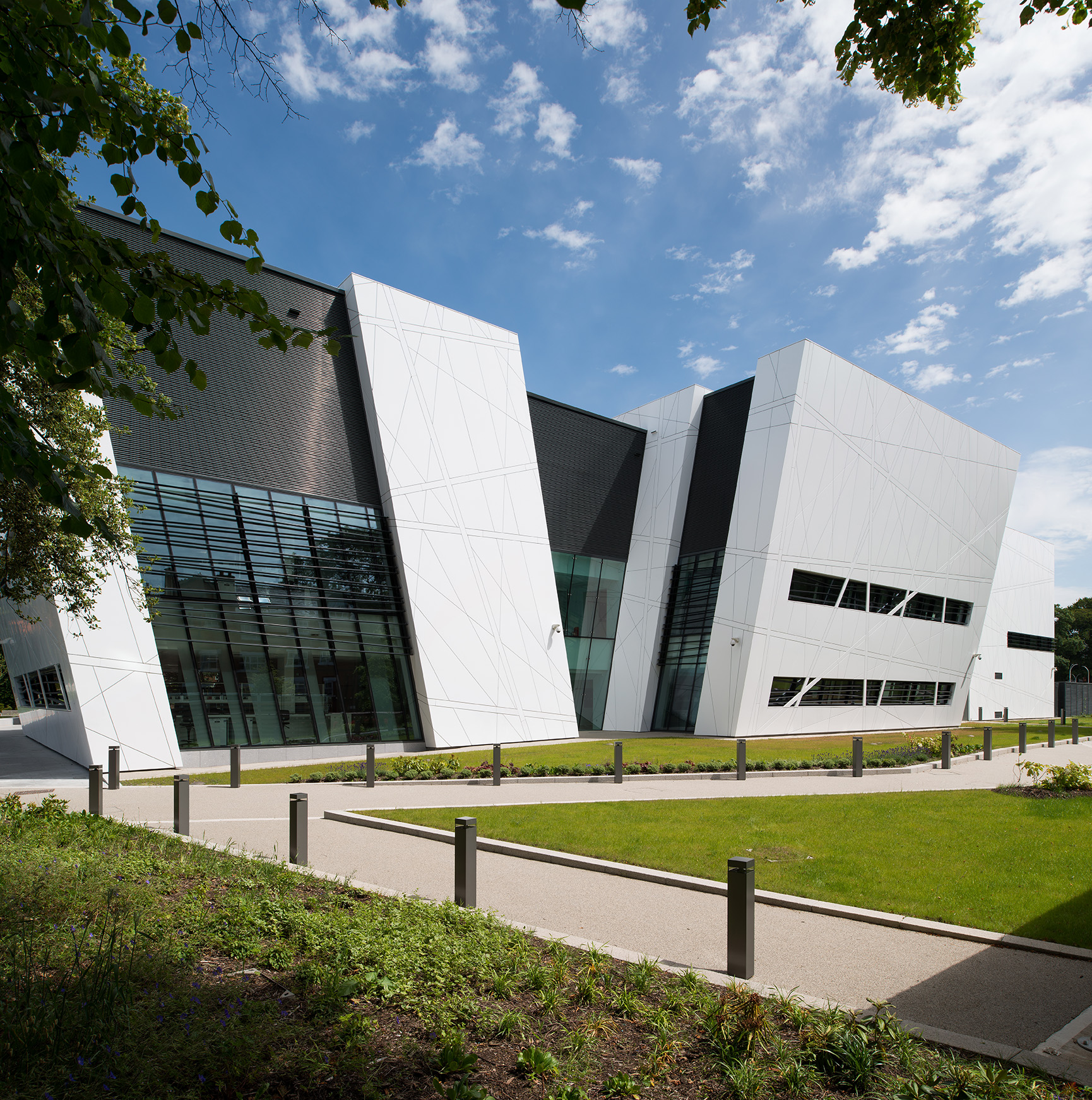Closing date: 14/02/2025
Non-Clinical Studentship Project: Development of in vitro and in silico models to predict impact of intermittent flow on hypoxic gene expression
Lead Supervisors: Dr Isabel Monteiro dos Santos Pires
Co-Supervisors: Alessandro De Rosis, Alistair Revell
Applications Deadline: Friday 14th February 2025
Non-Clinical Studentship start date: September 2025
Project Keywords: Cancer Biology, Mathematical Modelling, Computational Physics
Research Opportunity: Non-Clinical Studentship leading to the award of PhD
Project Outline
The presence of regions of hypoxia is well established as a key factor of tumour progression and therapy resistance, in particular radiotherapy (RT). Although regions of chronic hypoxia are present in tumours, it is the more dynamic cycles of hypoxia-reoxygenation, arising from both changes in tumour biology and structure as well after therapy, that are thought to drive selection of the more aggressive clones which ultimately may lead to tumour spread. Microfluidic (or lab-on-chip) models allow precise temporospatial control of tumour microenvironmental variables, such as flow. We have recently developed a ‘spheroid-on-chip’ device which allows for media to perfuse spheroids (Collins et al 2021) and evaluated flow-dependent changes in gene expression, whose patterns can vary dependent on the level of oxygenation the model is exposed to (Pyne et al 2024). A comprehensive analysis of the biological changes underpinned directly by hypoxia/reperfusion cycles and their direct role in RT response and resistance remain a gap in the field.
This PhD project will therefore aim at developing develop in vitro (using our spheroid on chip device) and computational models of changes in gene expression linked with intermittent flow/perfusion in hypoxia, and their impact on RT responses.
In order to do this, the student optimise the use of our spheroid-on-chip model (which uses perfusion at physiological levels to model interstitial flow) for use with intermittent flow conditions in hypoxia and generate gene expression datasets using RNA-seq to compare continuous with intermittent flow in tumour relevant physoxic and hypoxic conditions. Datasets will also be generated for irradiated spheroids in radiobiological hypoxia conditions.
The student will use these datasets as well as other datasets already available in the lab for continuous flow conditions (Pyne et al, 2024) to develop computational model(s). These models allow a much wider range of combinations between the various conditions (flow rates, oxygen availability, etc), and this flexibility will allow us to model a wider range of tissues. Promising models will in turn validated using the spheroid-on-chip system in our laboratory. A model for oxygen diffusion in presence of a flow will also be built.
Finally, using both the generated datasets and the model outcomes the student will identify and validate signalling pathways associated with intermittent flow models will be validated for their impact on RT response.
This PhD project, which is funded by the CRUK RadNet Manchester Centre, will be suitable for ambitious and driven candidates with either a background in computational biology and modelling looking at developing skills in wet lab research to apply their findings, or candidates with experience in cancer biology that wishes to develop computational modelling skills. Interest in multidisciplinary research is essential.
Applications for this project are now open. Please complete your application on The University of Manchester website.
About Dr Isabel Monteiro dos Santos Pires (project Lead Supervisor)
Dr. Isabel Pires’s research focusses on characterising biological pathways associated to hypoxia and their exploitation for therapeutic benefit, with a particular emphasis in improving response to radiotherapy. Isabel did her PhD at the University of Manchester with Professor Caroline Dive. She then moved to the University of Oxford for a postdoc in Professor Ester Hammond’s group. There Isabel became interested in how hypoxic biology leads to alterations in cellular behaviour. She then moved to the University of Hull as a lecturer/senior lecturer, where she continued her interest in hypoxic biology and radiobiology, before moving back to Manchester in 2023.

Key information
Before submitting an application, please ensure you have read the information below about the funding arrangements and eligibility for Non-Clinical Studentships.
We also encourage you to get in contact with the lead supervisor to discuss the project and any particulars.
Further information is available on the Non-Clinical PhD Studentships webpage.
This project has funding for applicants that qualify for Home/UK fees status only.
Our Non-Clinical PhD Studentships are usually funded for four years, with funding covering:
- Project running costs
- University tuition fees university tuition fees (at the UK rate)
- An annual stipend of £21,000 to help with living costs
Studentships are highly competitive and so we encourage you to contact any supervisors who you are interested in working with before applying for our Non- Clinical PhD Studentships.
You must hold, or be about to achieve, a First or Upper Second-class honours degree in a relevant subject, including Cancer Biology, Biomedical Science or Computational Biology. A related Master’s degree is also an advantage. You should also have an understating of translational research, and a drive to work in a multidisciplinary team.
International applicants (including EU nationals) must ensure they meet the academic eligibility criteria (including English Language) before contacting potential supervisors to express an interest in their project. Eligibility information can be found on the University’s Country Specific information page.
Key dates
- Application deadline: Friday 14th February 2025
- Interviews: Early March 2025 (date tbc)
- Start date: September 2025
Useful Links
Submit your application
Interested in applying for this opportunity? Go to The University of Manchester website to submit your application.
Non-Clinical PhD Studentships
Learn more about our Non-Clinical PhD Studentships.
Get in Touch
Contact Dr Georgina Binnie-Wright, Postgraduate Programme Manager.
Researcher Stories
Read first-hand experiences of from cancer scientists from across Manchester.
Why Manchester?
Find out why postgraduate students choose to study in Manchester.
A Day in the Life of a Non-Clinical PhD Student
Watch our short video to see what it's like to be a Non-Clinical PhD student in Manchester.





